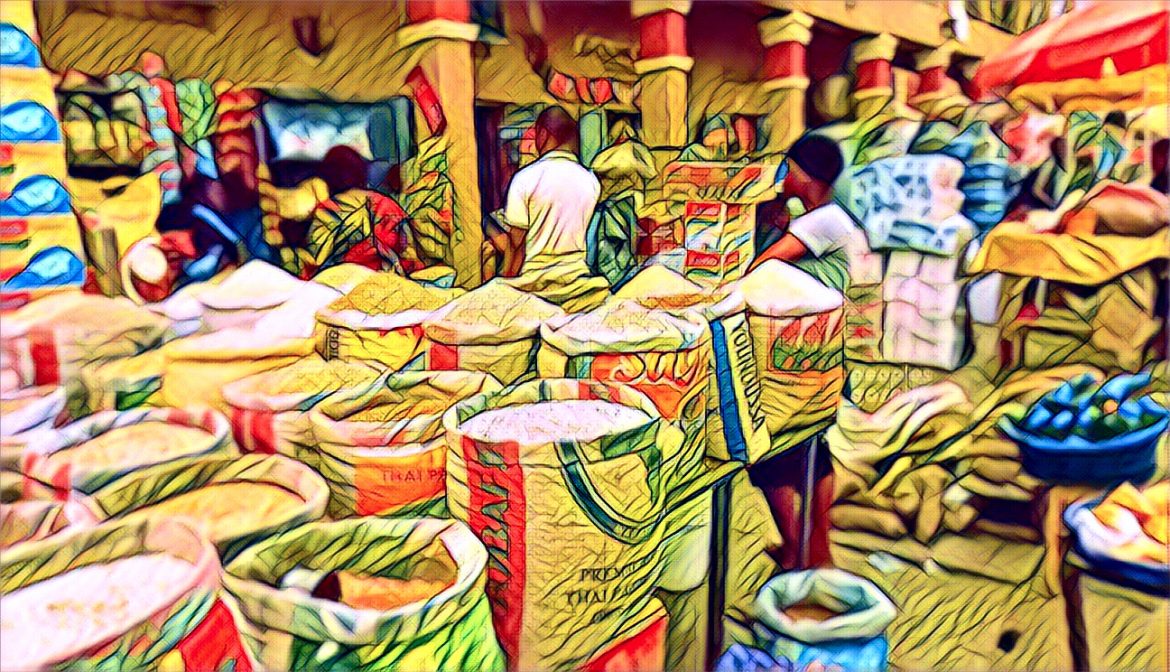In Nigeria, a burgeoning crisis looms large as the nation grapples with the pervasive spread of counterfeit drugs, food items, and a myriad of other products, threatening public health and economic stability. The issue has reached a critical point, prompting urgent calls from concerned Nigerians for a comprehensive national intervention to halt the dangerous trend.
The Leadership Data Mining Department has uncovered alarming statistics indicating that substandard drugs are responsible for the annual demise of approximately 500,000 individuals across sub-Saharan Africa, with a significant portion of these deaths attributed to fake anti-malarial medications. This distressing reality has galvanized citizens and business owners to implore the National Agency for Food and Drug Administration (NAFDAC) to conduct thorough investigations and implement stringent measures to combat the flood of counterfeit products in the Nigerian marketplace.
The economic repercussions of this crisis are profound. PricewaterhouseCoopers (PwC) estimates suggest Nigeria incurs annual losses of around N200 billion due to counterfeit medicines alone, excluding the impact of substandard drugs. The adverse effects of fake products extend beyond immediate health concerns, undermining agricultural productivity, creating trade barriers, eroding consumer trust, and imposing increased regulatory costs.
In response to the mounting pressure, NAFDAC recently took decisive action by raiding Ezukwu Market (Cemetery Market) in Aba, Abia State, uncovering and confiscating numerous counterfeit products. This operation led to the closure of over 240 shops and the arrest of 10 individuals implicated in the production, repackaging, and sale of fake goods in unsanitary conditions. The street value of the seized and destroyed counterfeit products exceeded N750 million, highlighting the scale of the problem facing the nation.
The health implications of consuming counterfeit and adulterated products are dire. Recent reports link the consumption of fake alcoholic beverages to a significant percentage of cancer cases in Nigeria, further emphasizing the critical need for vigilance and regulatory oversight.
To combat this menace, experts advocate for a multi-pronged strategy encompassing strengthened regulatory frameworks, enhanced inspection and surveillance, collaborative efforts among stakeholders, and extensive public awareness campaigns. These measures aim to educate consumers on the risks associated with counterfeit products and empower them to make informed choices.
According to a report by Leadership, the battle against counterfeit goods in Nigeria demands concerted efforts from government agencies, industry players, and the public. As the nation confronts this complex challenge, the path forward requires unwavering commitment, innovation, and collaboration to safeguard public health, protect economic interests, and restore confidence in the integrity of products available in the Nigerian market.


